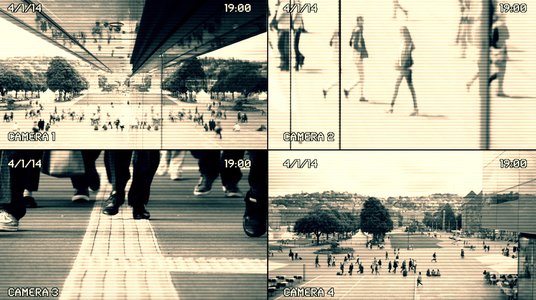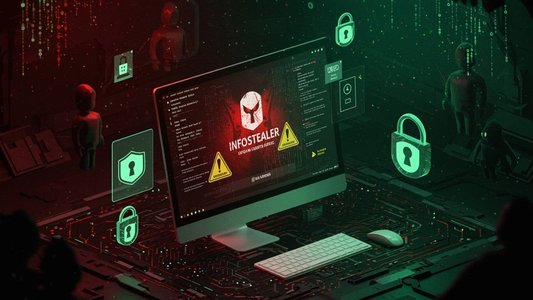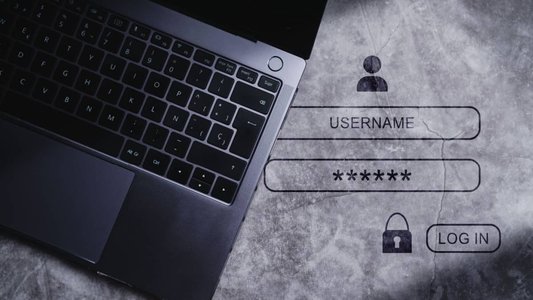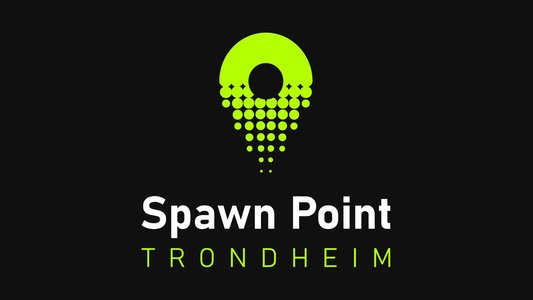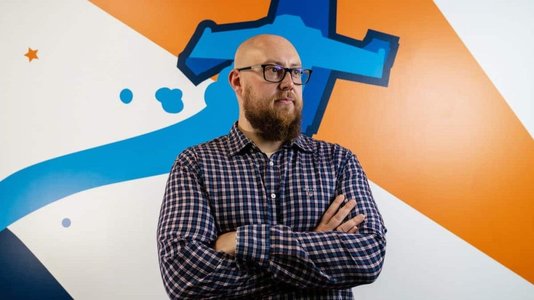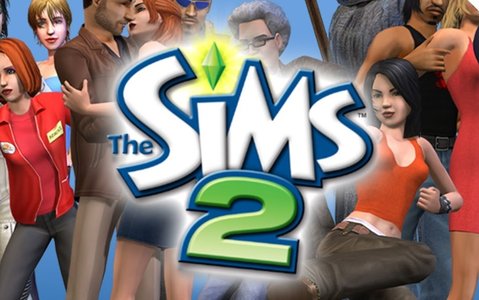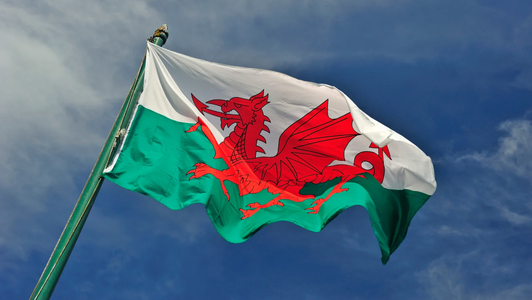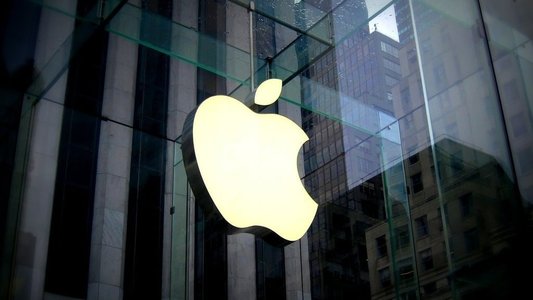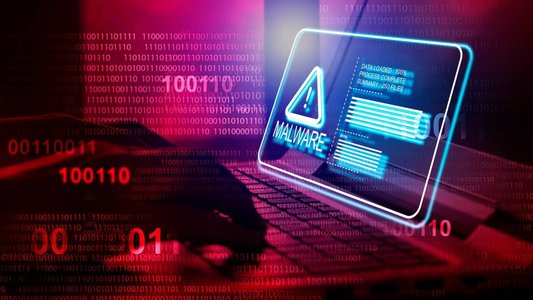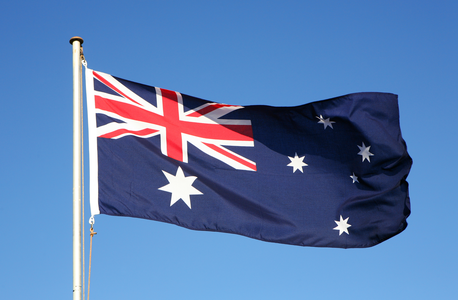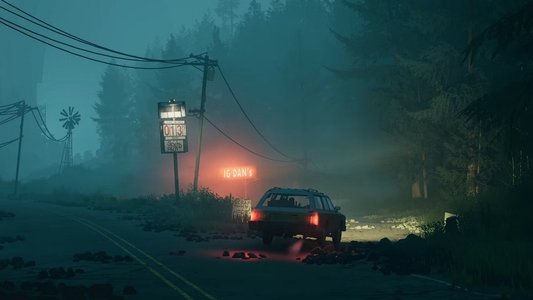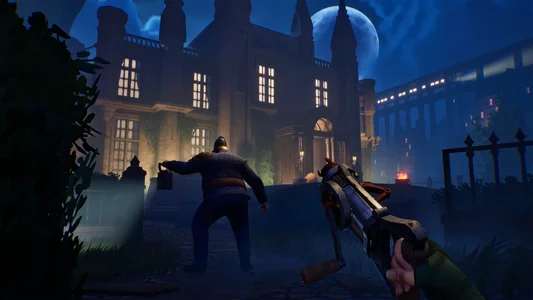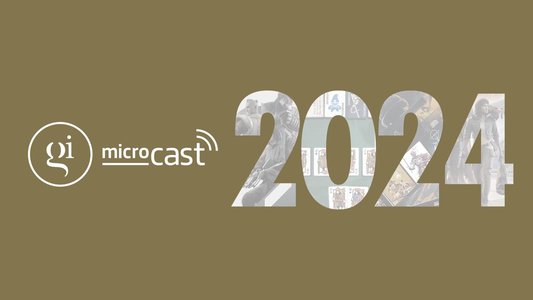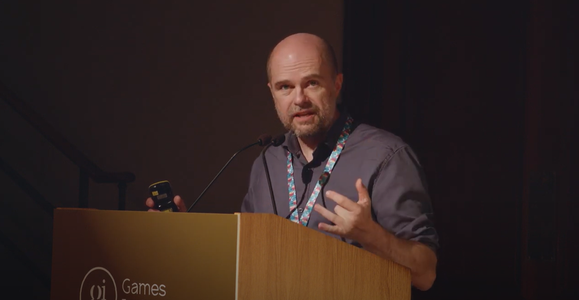In a keynote panel on privacy vs security at Hacker Halted in Atlanta on September 15, panelists debate Apple vs FBI, the Government’s treatment of privacy, and employees’ right to privacy
What are your initial thoughts on the privacy vs security debate?
Steve Bongardt: By asking this question, we’re creating a wall – the same type of wall we dealt with prior to 9/11. Trying to prevent an investigator from tracking down an IP could be a small mistake leading to a big consequence. Investigators are trying to do the right thing, but the policies they have to deal with are immense, so it’s harder than it was twenty years ago. The power of the enemy isn’t a new principle that we’re dealing with.
Amar Singh: What privacy? Is it possible for us to achieve a sense of privacy in today’s world?
Privacy and security are 51 shades of grey. Any monitoring of employees is a very difficult discussion and leads down a dark path. It’s not an easy journey to maintain privacy and security.
Kurt Opsahl: Crypto-war part two is here, and a lot of the discussions we had in the 90s are cropping up again. We need to be careful to keep a society that has freedom and civil liberties and make a future we want to live in.
Jack Daniel: Privacy vs security isn’t the right question; the tools are entwined. It’s a matter of balance, and what we accept as the current balance has changed a lot. The old physical laws don’t translate well. Trust is complex.
Do citizens trust the Government with their privacy and security?
AS: In Europe, vendors use ‘not operating in America’ as a USP, tapping into a fear in the EU that the government is watching everything and wants to invade your privacy. Vendors are using fear of the US government as a sales tool.
SB: The Second Amendment to the US Constitution was made to protect you, the citizen, from the government. People say they had no idea about national security when they wrote the constitution, but I don’t agree. Our interpretation has just changed. Ultimately, you don’t want the government involved in anything it doesn’t have to be involved in – the government doesn’t always know best.
AS: I hope that the world is moving towards selective security, where you can elect what you want to share.
KO: Transparency around surveillance is important, and I’d like to see more transparency reports coming from the private sector. It’s important to balance the legitimate aims of the state with protecting the human rights principles we all want to have. That way, when you overcome someone’s personal boundaries, you’re only doing so to the minimum required.
JD: key is to have transparent oversight and consider the threat model - how sensitive is the data you’re trying to protect? Forget the government though - we need to pay more attention to Google, Facebook, etc – they know more about us than an FBI agent with a warrant does!
KO: The government will actually go to those companies (Facebook, Google, Apple, etc.) to get that data about you. We are seeing that increasingly there are all sorts of requests for that information.
No tags.

